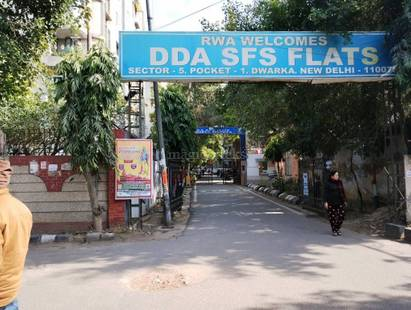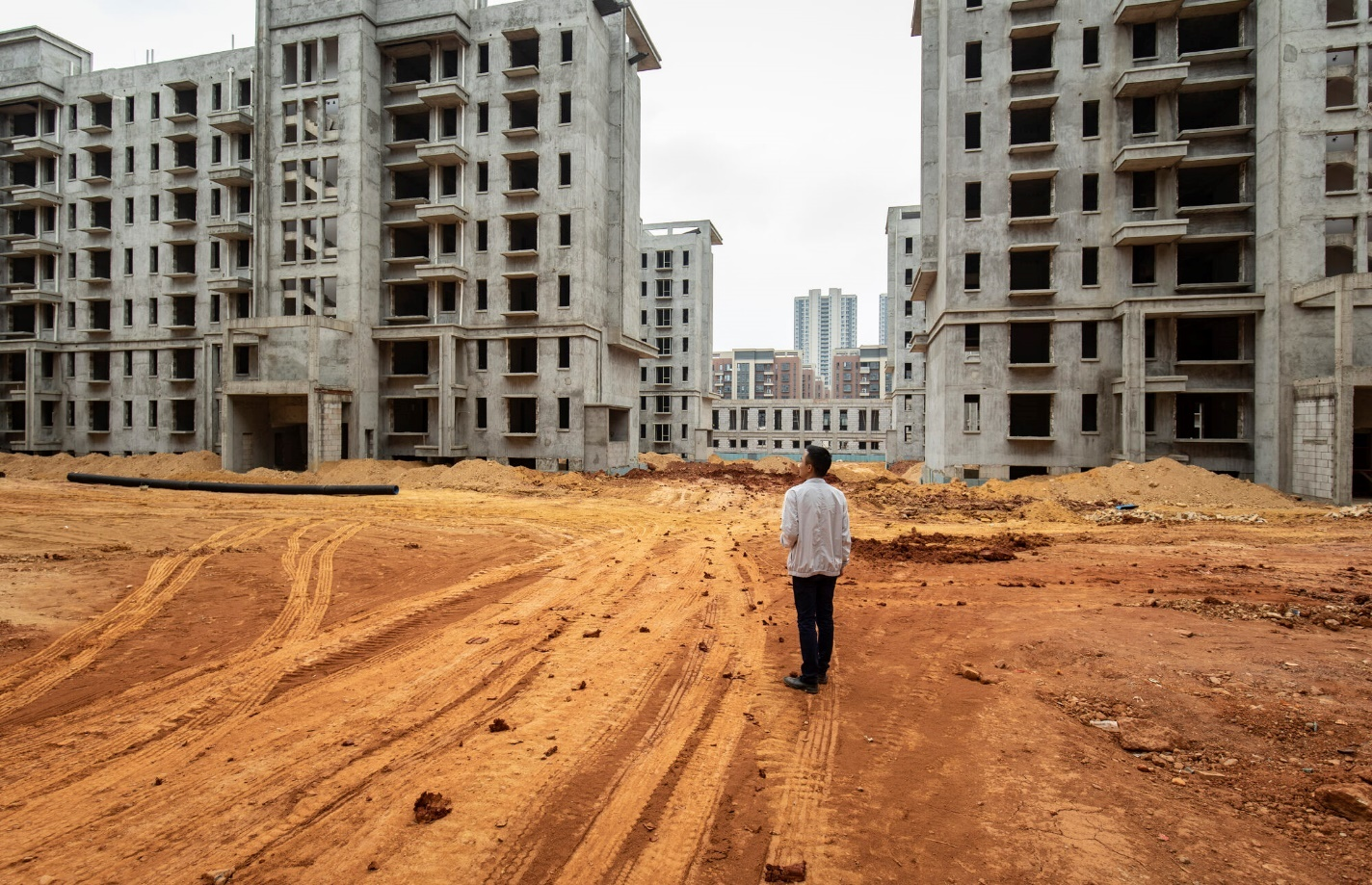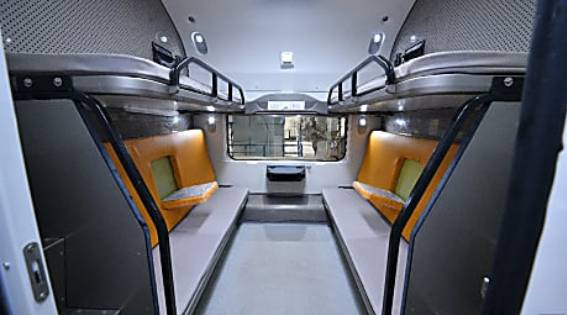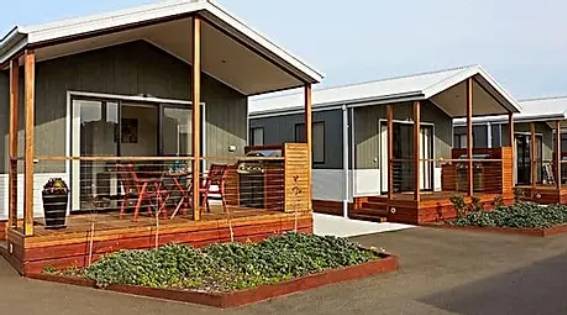Breaking News
2000 Tier-I Cities projects Incomplete
Real Estate Analytics Firm PropEquity revealed 1,636 projects in 14 Tier-I cities and 345 projects in 28 Tier-II cities stand stalled.


Sector drowned with stalled projects
- One in five under-construction homes across the country have been stalled over the past eight years and even after that Even the remaining four out of five under-constructed homes have been delivered after substantial delay of 3-4 years.
- Mumbai has the highest number of stalled projects at 234. Bengaluru follows with 225 stalled projects. In Tier-II cities, Bhiwadi leads with 13,393 stalled units across 33 projects. This represents 18 per cent of all stalled units in this category.
- The city-wise data released on August 15 reveals that 1,981 projects across 44 cities have been on a standstill over the past eight years, impacting homebuyers and real estate developers alike. By July 2024, the number of stalled units reached 508,202, marking a 9 per cent increase from 2018 when the figure was 465,555.
- Breaking down the figures, the report indicates that 1,636 projects totaling 4,31,946 units in 14 Tier-I cities and 345 projects totalling 76,256 units in 28 Tier-II cities have been affected. Greater Noida in the National Capital Region tops the list among Tier-I cities with 74,645 stalled units across 167 projects. It alone accounts for 17 per cent of all stalled units in Tier-I cities in India.
Greater Noida with largest number of stalled projects
- Real estate data analytic firm PropEquity data showed that as many as 378 housing projects comprising 1,45,880 units are stalled across Noida, Greater Noida, Ghaziabad, Lucknow and Agra in Uttar Pradesh
- Greater Noida has 167 stalled projects with 74,645 units, Noida has 103 stalled housing projects comprising 41,438 units, while Ghaziabad saw 50 stalled projects with 15,278 units.
Delay explained
- DDA has launched three new housing schemes in Narela, Dwarka, Siraspur, Ramgarh, Rohini, Loknayakpuram and Jasola to provide more than 40,000 flats in affordable, mid-income, and high-income categories.
- The primary reason for project delays is that the developer may be facing a cash crunch. Until a developer manages to sell at least half of the apartments in a project, he can’t begin construction and hence there’s a delay in customer’s getting possession. On a related note, many developers are over-leveraged. A large part of their cash flow goes into servicing debt instead of completing projects.
- For a developer, multiple projects run at the same time. Thus, he might divert the money raised from buyers in one project either to buy another piece of land or to complete another project.
- Sometimes, the title of the land on which the developer is planning to develop the project is disputed. Hence, if litigation continues, construction remains at a standstill.
- An inexperienced developer, lacking management skills essential for timely completion can also stretch the housing project indefinitely.
- Governmental authority interference is highly prevalent in the present-day housing development sector. Developers need many approvals to start a project and certificates of completion and occupation before they can hand over possession to the customers. Delays in acquiring these from the authorities also translate into delayed possession. With the absurd approvals and certificates demanded from developer, coupled with bribes that need to be paid to get the project approved, result in an undetermined delay in allotment of possession.
Editor’s Note
Indian real estate sector is not new to stalled projects and home buyers mostly remained paranoid with the deadline of possession. Timely delivery of the projects remains the cornerstone of buyers’ faith which finally outlays the reputation of a builder. As per RERA developers also get penalized if there is a delay and they are bound to pay interest to the customers.
TRUEE NEWS BANGLA SHORT




BROADCAST CHANNELS









DAILY DIGITAL NEWSPAPER






























